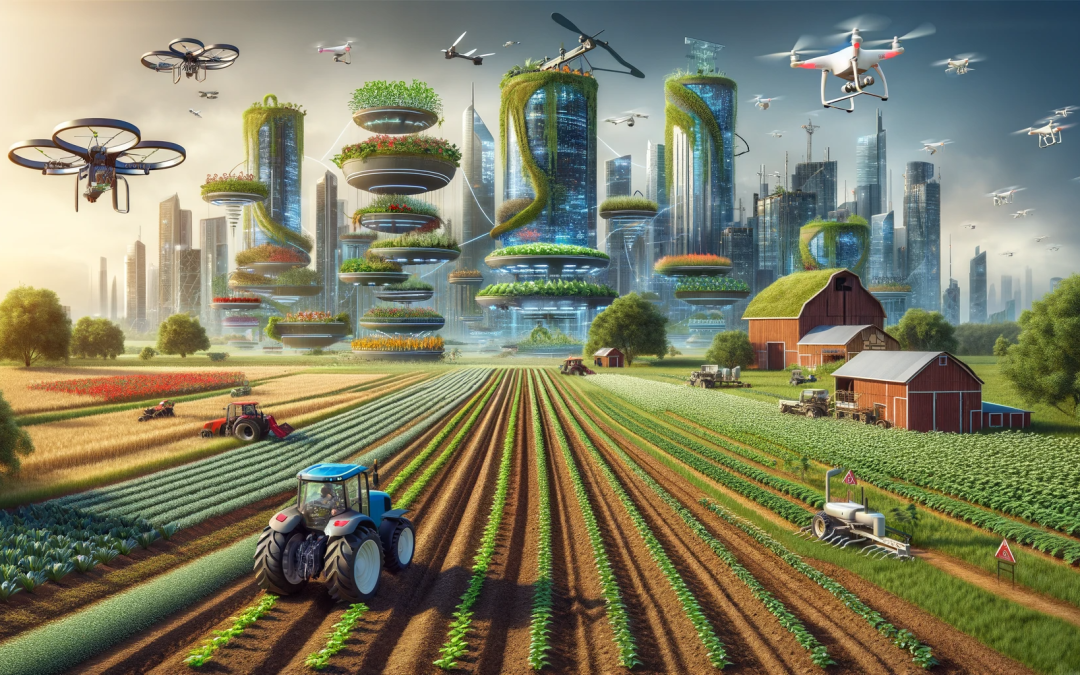Polyembryony, a phenomenon hidden in the depths of nature, has long intrigued scientists and enthusiasts alike. In this article, we delve into the intricacies of this fascinating process, unlocking the secrets it holds and shedding light on its marvels. Prepare to be captivated by the wonders of polyembryony, a topic rarely explored but undoubtedly deserving of our attention.
Read more about Future of Agriculture
Contents
Understanding Polyembryony
The Basics
Polyembryony, derived from the Greek words “poly” (many) and “embryon” (embryo), is a phenomenon where a single fertilized egg results in the development of multiple embryos. Unlike typical embryonic development, polyembryony gives rise to genetically identical individuals, commonly referred to as polyembryos. This biological marvel occurs in various organisms, from plants to animals, showcasing the diversity of nature’s ingenuity.

Plant Kingdom
In the realm of plants, polyembryony is a well-documented occurrence. Citrus fruits, such as oranges and lemons, are notable examples where a single seed can give rise to multiple plants. This unique feature has agricultural implications, offering opportunities for crop improvement and cultivation.
Animal Kingdom
Polyembryony is not limited to the plant kingdom; it manifests in the animal kingdom as well. Among the species demonstrating this phenomenon are certain parasitic wasps. These wasps lay eggs in a host organism, and each egg develops into a genetically identical larva, ensuring a higher likelihood of survival for their offspring.
The Significance of Polyembryony
Agricultural Advantages
In agriculture, the exploration of polyembryony opens doors to improved crop yields and resilience. The ability to generate multiple plants from a single seed can revolutionize farming practices, addressing global challenges such as food security and sustainable agriculture.
Ecological Adaptations
From an ecological standpoint, polyembryony provides insights into the adaptive strategies of various species. The survival advantages conferred by genetically identical offspring shed light on the intricate balance of nature and the strategies organisms employ to thrive in diverse environments.
Unlocking the Genetic Mechanisms
Molecular Insights
To truly appreciate the marvels of polyembryony, it is essential to explore the underlying genetic mechanisms. Recent advancements in molecular biology have allowed scientists to unravel the intricate processes governing the development of identical embryos from a single fertilized egg.
Gene Expression Patterns
Studying the gene expression patterns during polyembryony development has revealed critical insights into the regulation of cellular differentiation. Understanding these patterns could potentially lead to breakthroughs in genetic engineering and medical research.
Future Implications and Applications
Biotechnological Opportunities
The revelations surrounding polyembryony hold immense promise in the field of biotechnology. Harnessing this natural phenomenon could pave the way for innovative applications, ranging from enhanced crop production to advancements in regenerative medicine.
Environmental Conservation
As we face unprecedented environmental challenges, the insights gained from polyembryony can contribute to conservation efforts. By understanding and leveraging nature’s strategies, we can work towards preserving biodiversity and fostering sustainable coexistence.
Challenges and Ethical Considerations
While polyembryony holds immense potential, it’s not without challenges. In agriculture, the dominance of asexual embryos can sometimes overshadow genetic diversity, making plants more susceptible to diseases. In research and medicine, ethical concerns arise regarding the manipulation of embryos and its implications for biodiversity and natural processes.
Conclusion
Polyembryony stands as a testament to the wonders of nature’s design. From its implications in agriculture to its role in ecological adaptations, this phenomenon opens new avenues for exploration and innovation. As we unlock the genetic mechanisms and delve into its molecular intricacies, the potential applications in biotechnology and environmental conservation become increasingly apparent. The marvels of polyembryony, once hidden, are now revealed, and invite you to join us in embracing the possibilities it unfolds for a more sustainable and resilient future.



